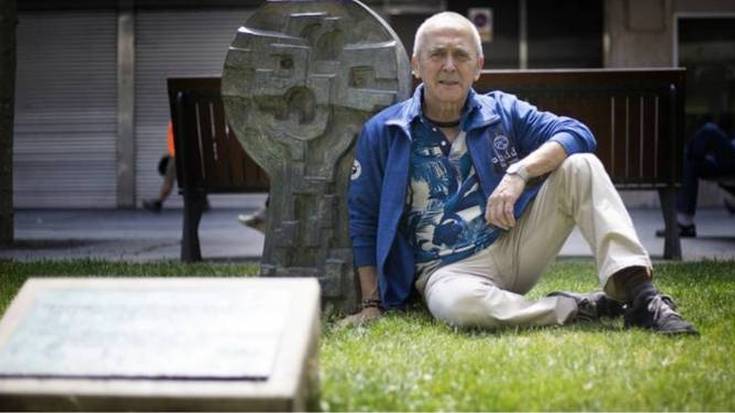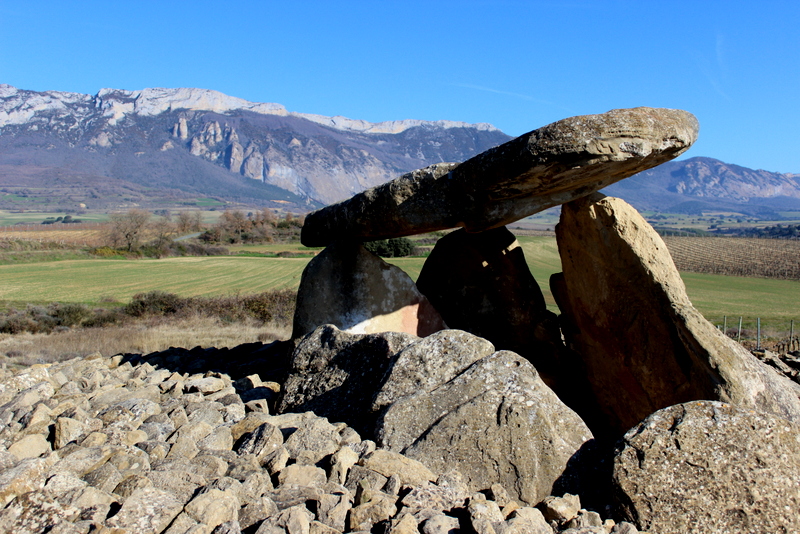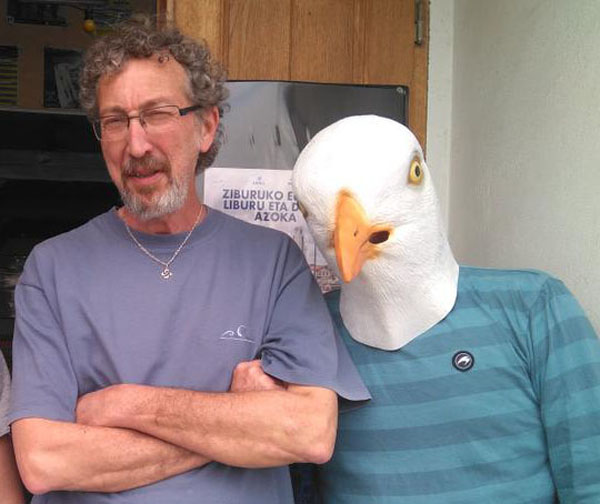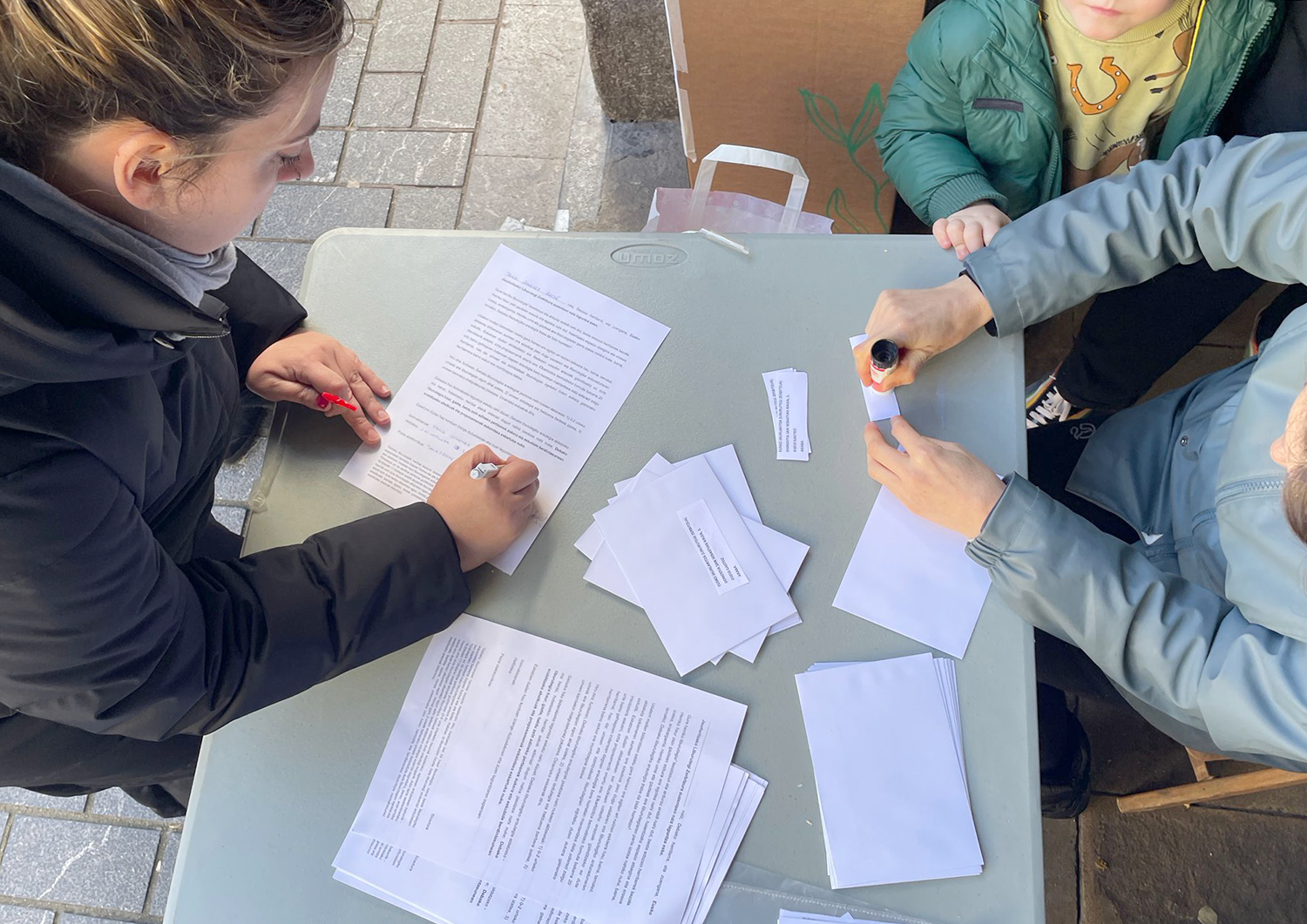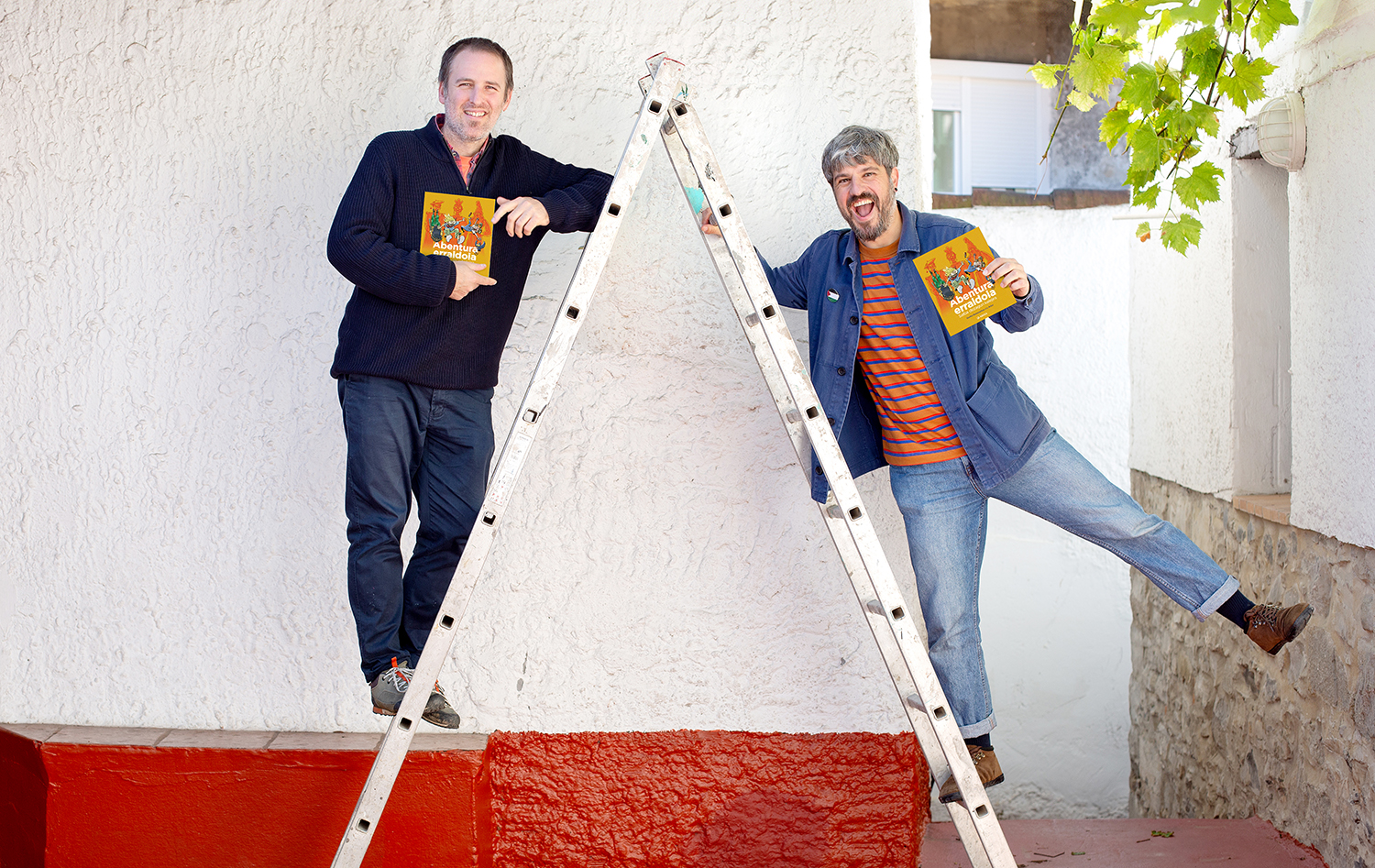The last of Amaia Ezpeldoi
.jpg)
Amaia Ezpeldoi is the sixth and last adventure Susa has released. She decides to retire, with her lover Joana Garralda, to go to do “orchard, bread and love” in a Atharratz farmhouse.
The first book by this rural detective, Itxaro Borda (Bakean ützi arte, 1994), has been named by Hertzainak using the song of the musical group, and the work that has focused on a song by Itoiz will be the one that ends the collection (Euri zitalari, 2021). Among them he has published Bizi nizano munduan (1996), Amorezko pena (1996), Jalgi hadi plazara (2007), and Boga boga (2012).
As can be seen in Danele Sarriugarte’s recent interview with the author for Argia, detective novels allow us to make social criticism and that is what Borda does with this collection, because each book contains a denunciation and a photograph of the time. Now it touches sex, violence and family; gender, class, race and other oppressions intersect in the characters, putting power relations and their consequences on the table.
If loneliness and melancholy prevailed at the beginning of the collection, after coming out of the closet in recent times and becoming part of the community, the protagonist will meet with happiness and company. In addition, this last work shows cases, places and characters from previous works, reviewing youth and adulthood and preparing for old age.
All the dialects have appeared in the collection, initially individually and finally in the words of the author “euskara post-bate heldu”. Literature has as raw material language, and in contemporary Basque literature there are few creators who have fun with language in such a simple and productive way: on these pages we will find old (‘egari’) and new (‘gugeltu’) words, linguistic variants and numerous games of words.
The journey and nomadism have also been very present, and the playful link between the local and the global is found in chapters such as Twin Peaks or Pier Paul Berzaitz, which along with the echo of the Basque rafts, will lead us to Landeta. And now what will happen to this Basque literary detective? Maybe a series based on the collection...
.jpg)
The new bookstore will be based on Hazparn’s ideas – if this has not already been published –. It will be called Et’abar. It will be a typical shop with an offer of publications in Basque. It will not only operate in the interior of the Northern Basque Country. Over the... [+]
I've been enjoying a book lately. In a very short time I have read it twice; the first with pure delight and the second with a pencil in my hand. Hoces de piedra, martillos de bronce, by the Spanish archaeologist Rodrigo Villalobos, aims to explore prehistoric society to answer... [+]
Party and recreation. Oral History of Rock Radical Vasco
Javier 'Jerry' Corral
Books, 2025
------------------------------------------------
Javier Corral ‘Jerry’ was a student of the first Journalism Promotion of the UPV, along with many other well-known names who have... [+]











